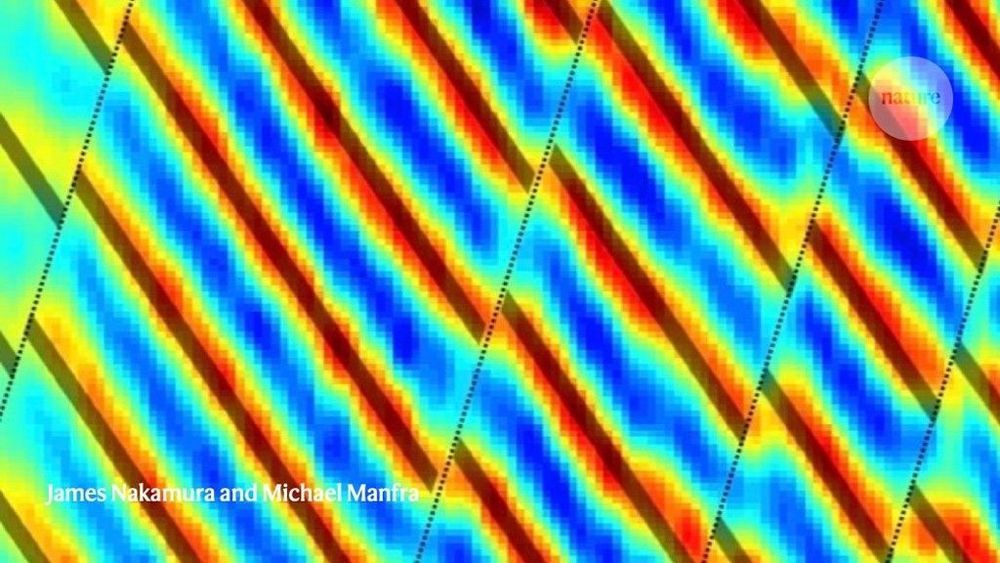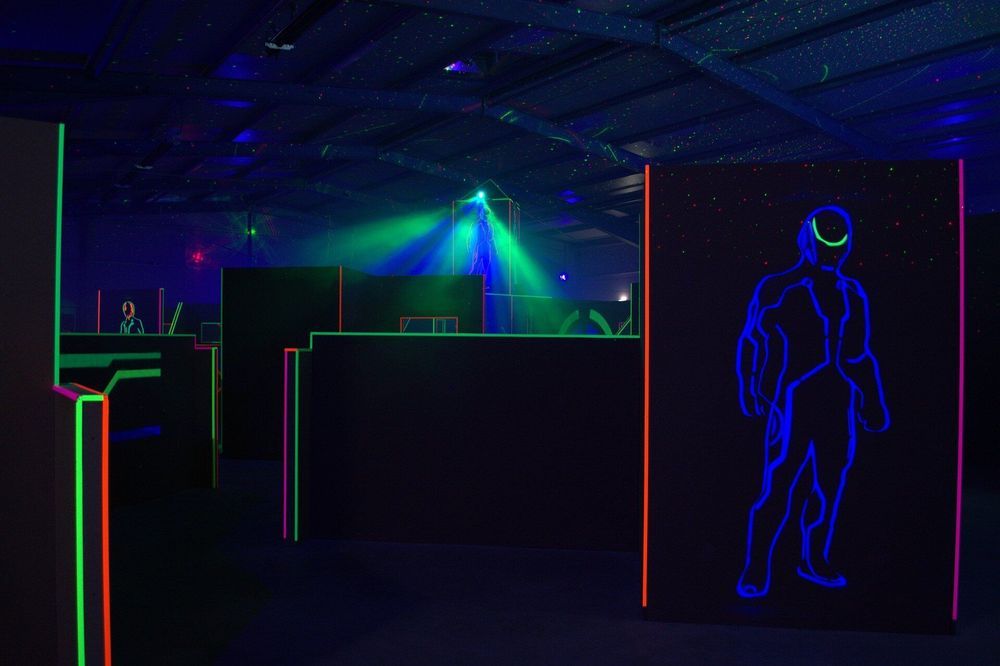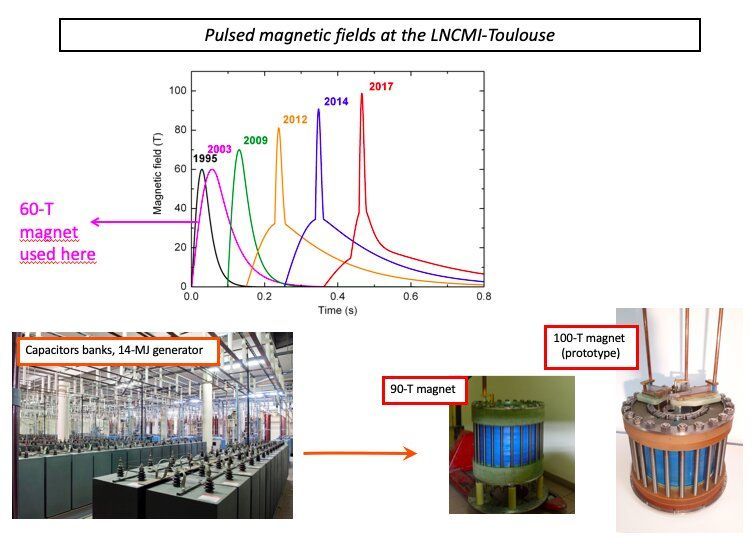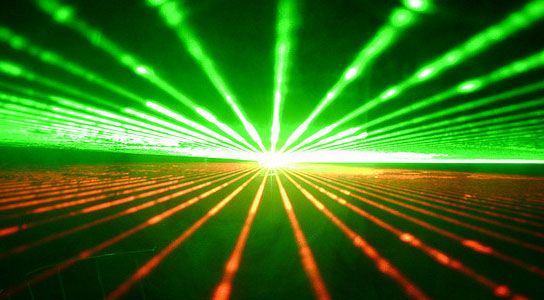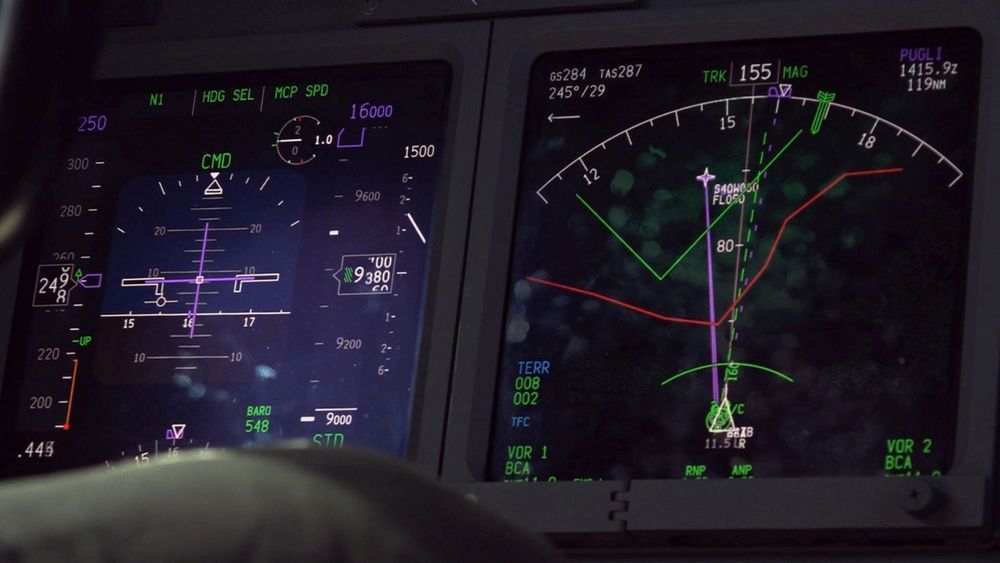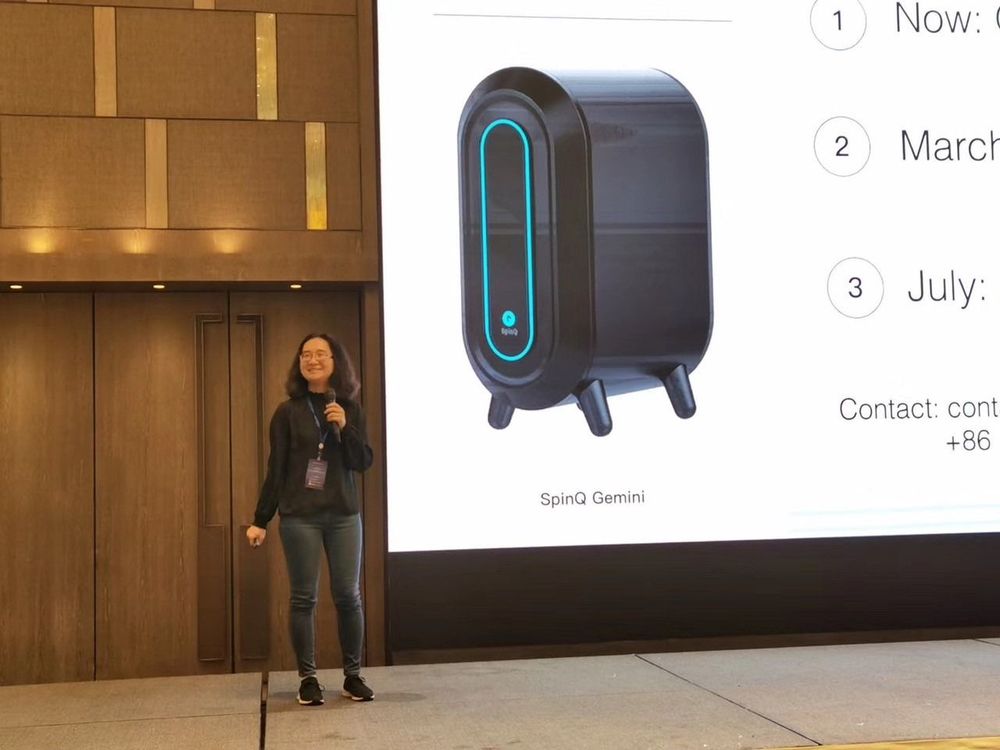But lasers also show promise to do quite the opposite — to cool materials. Lasers that can cool materials could revolutionize fields ranging from bio-imaging to quantum communication.
In 2015, University of Washington researchers announced that they can use a laser to cool water and other liquids below room temperature. Now that same team has used a similar approach to refrigerate something quite different: a solid semiconductor. As the team shows in a paper published June 23 in Nature Communications, they could use an infrared laser to cool the solid semiconductor by at least 20 degrees C, or 36 F, below room temperature.
The device is a cantilever — similar to a diving board. Like a diving board after a swimmer jumps off into the water, the cantilever can vibrate at a specific frequency. But this cantilever doesn’t need a diver to vibrate. It can oscillate in response to thermal energy, or heat energy, at room temperature. Devices like these could make ideal optomechanical sensors, where their vibrations can be detected by a laser. But that laser also heats the cantilever, which dampens its performance.

